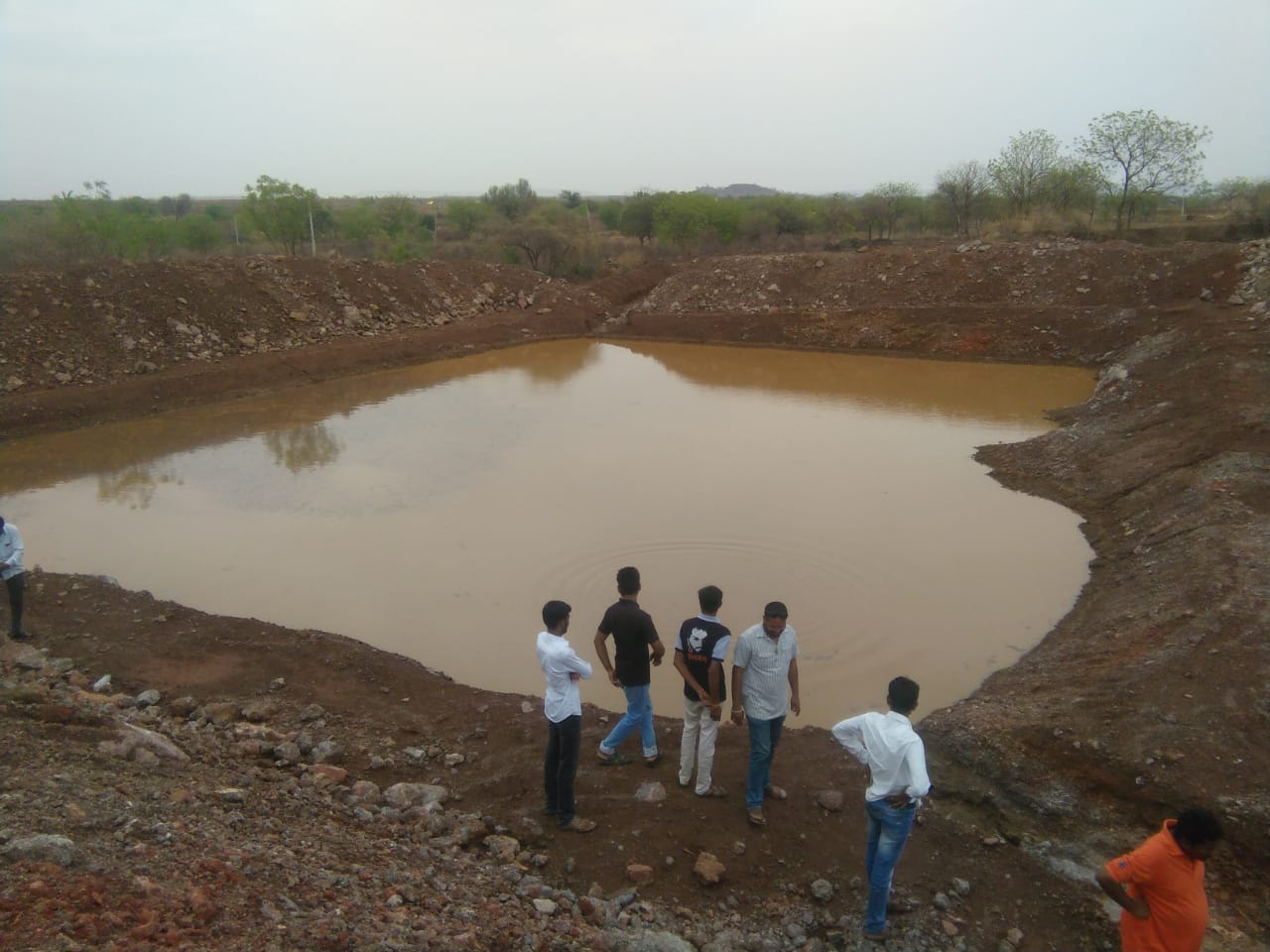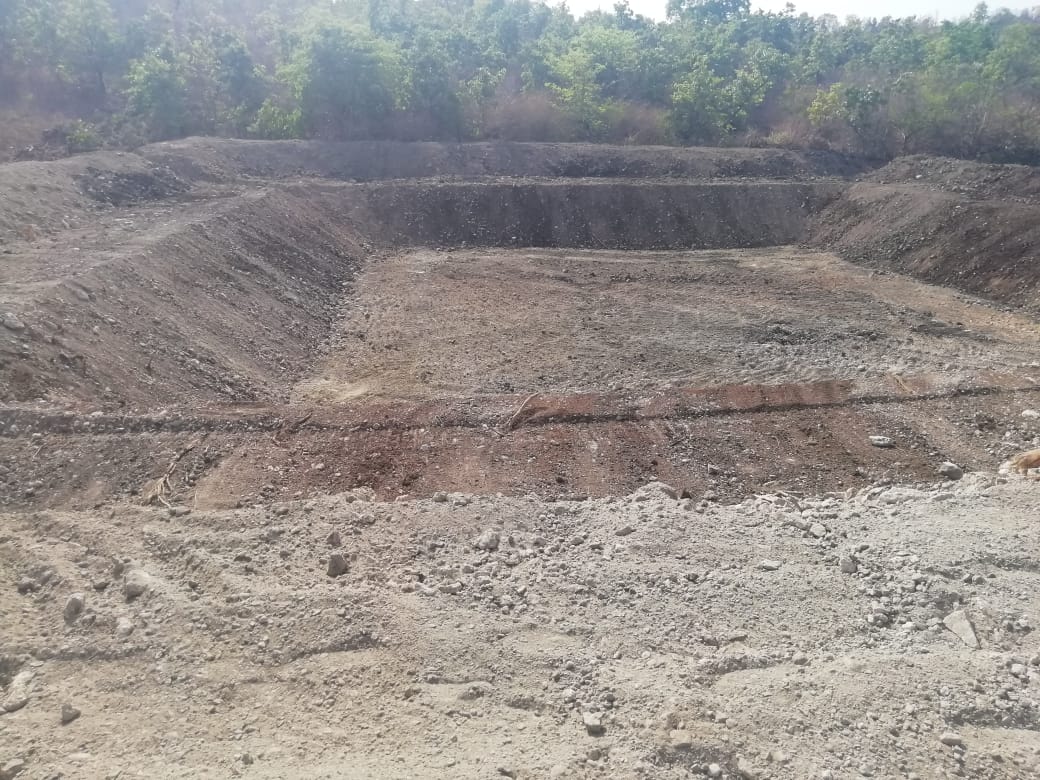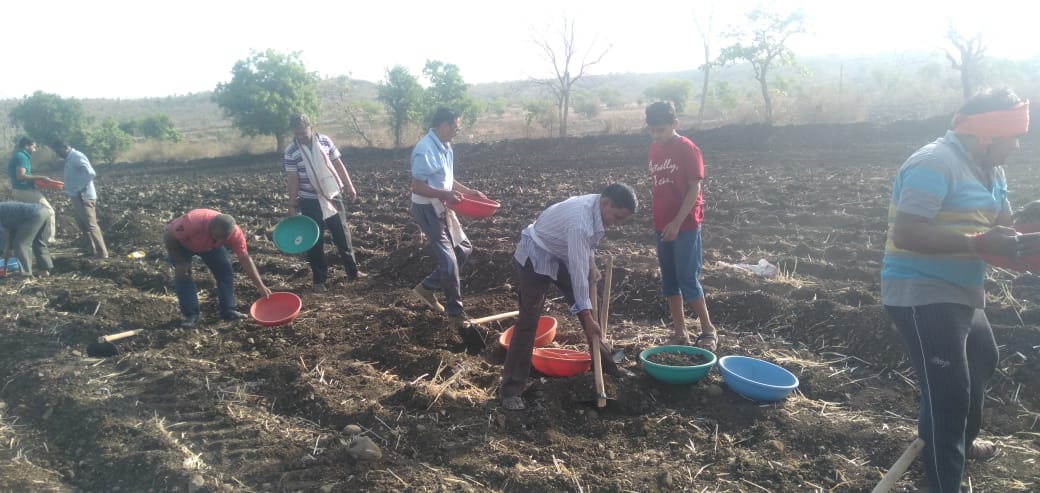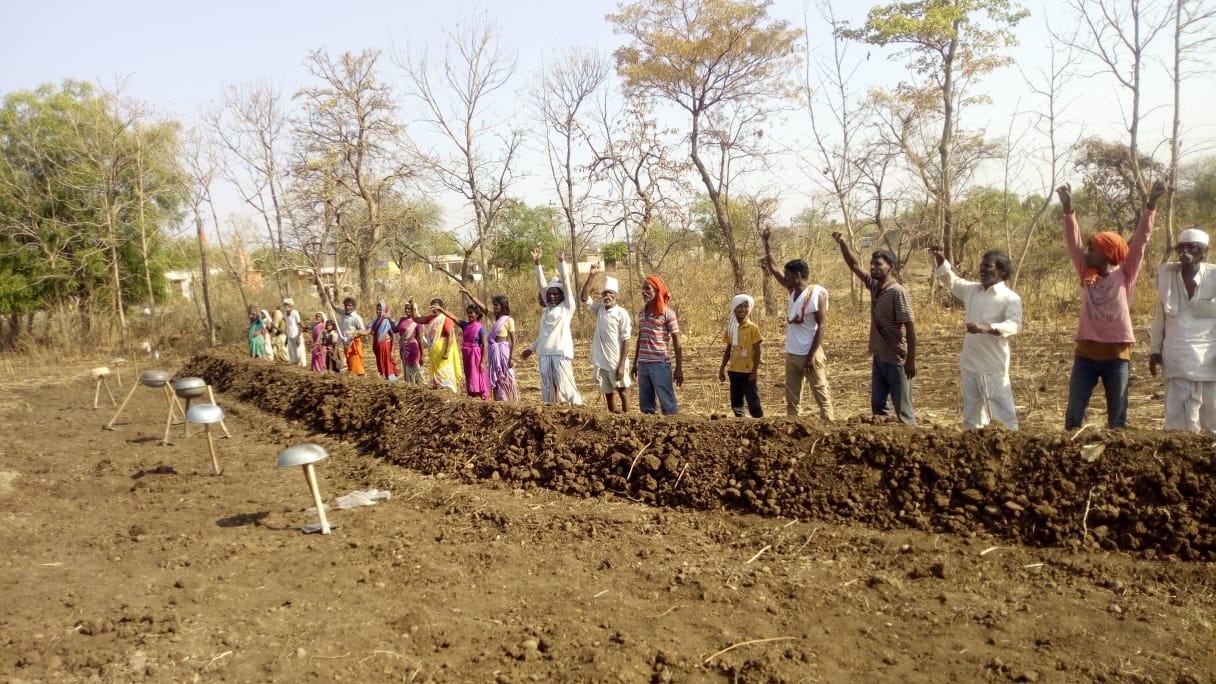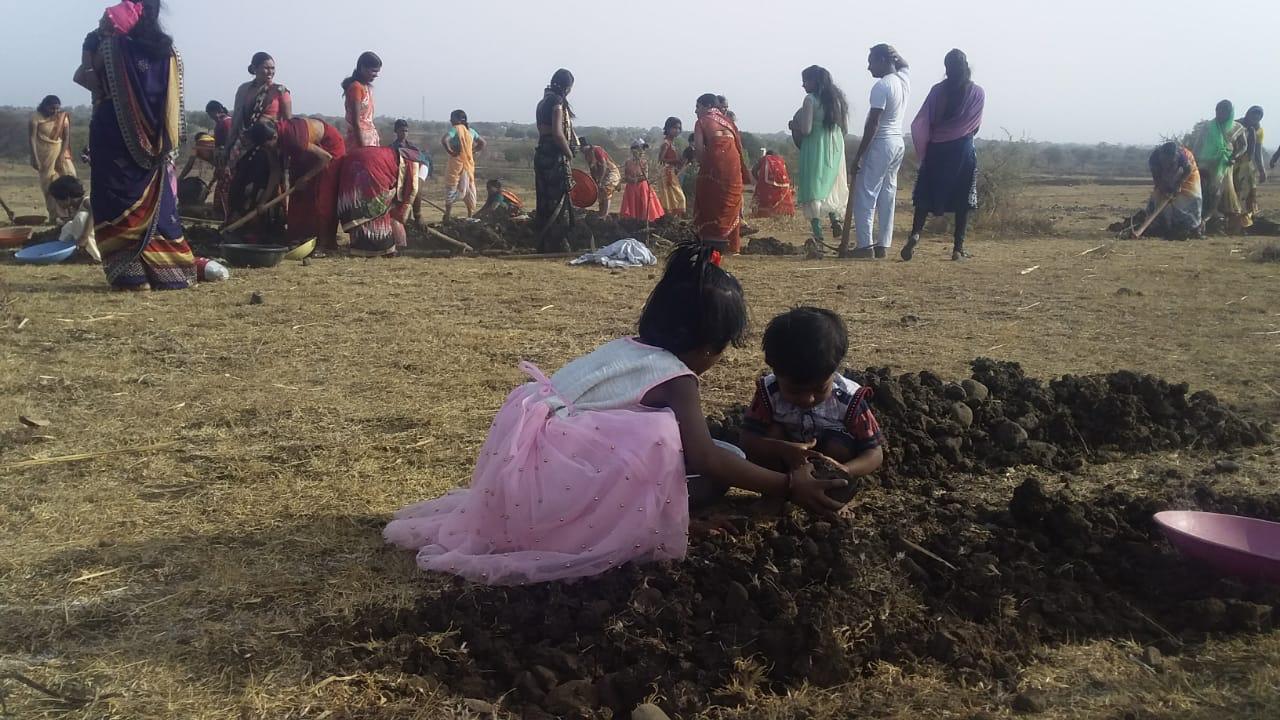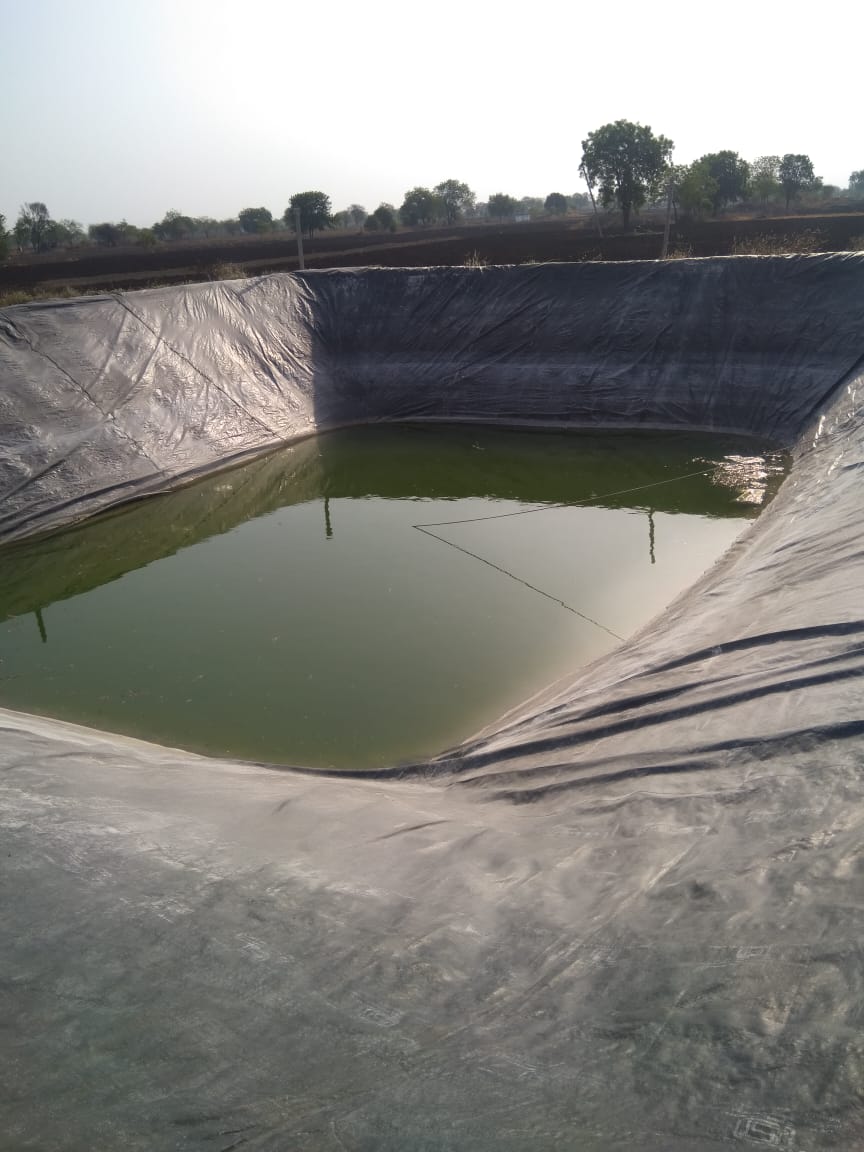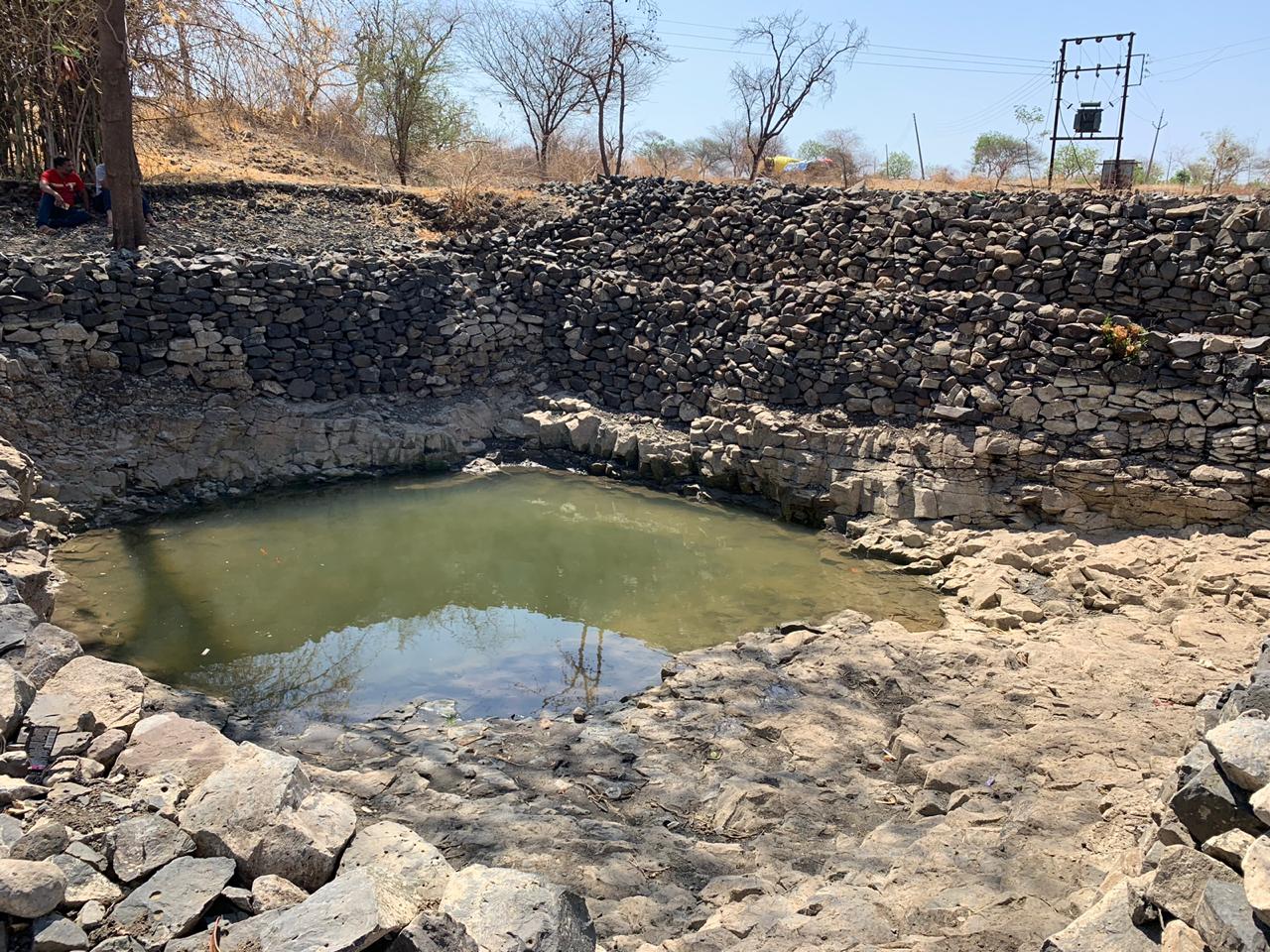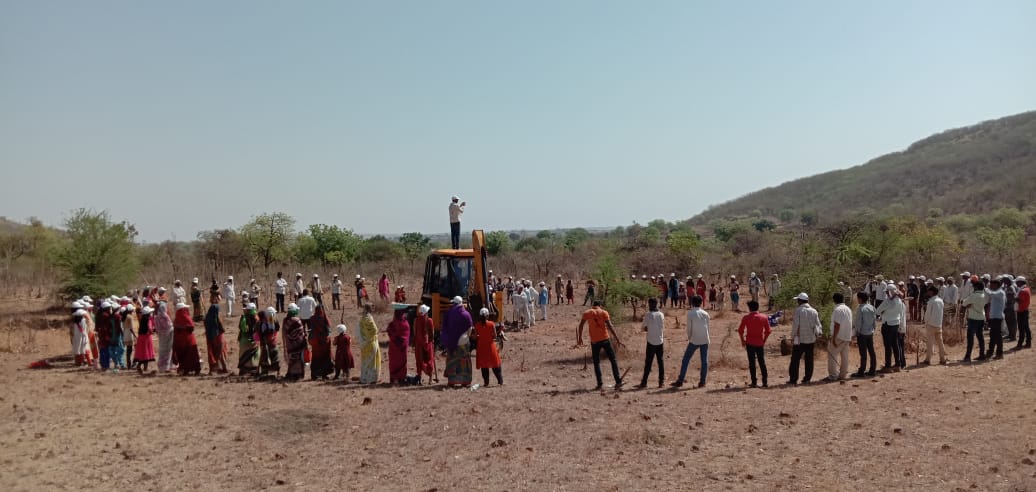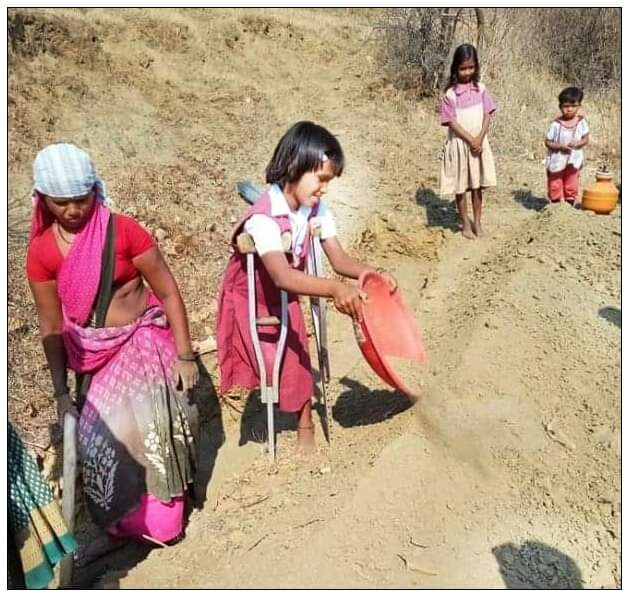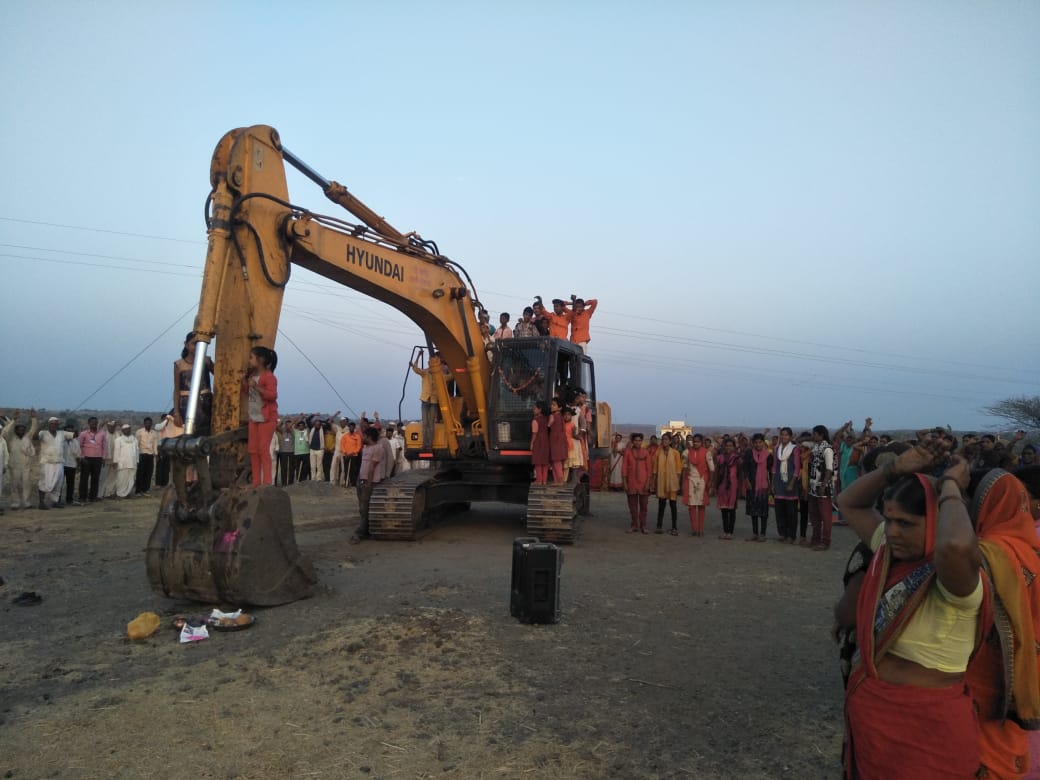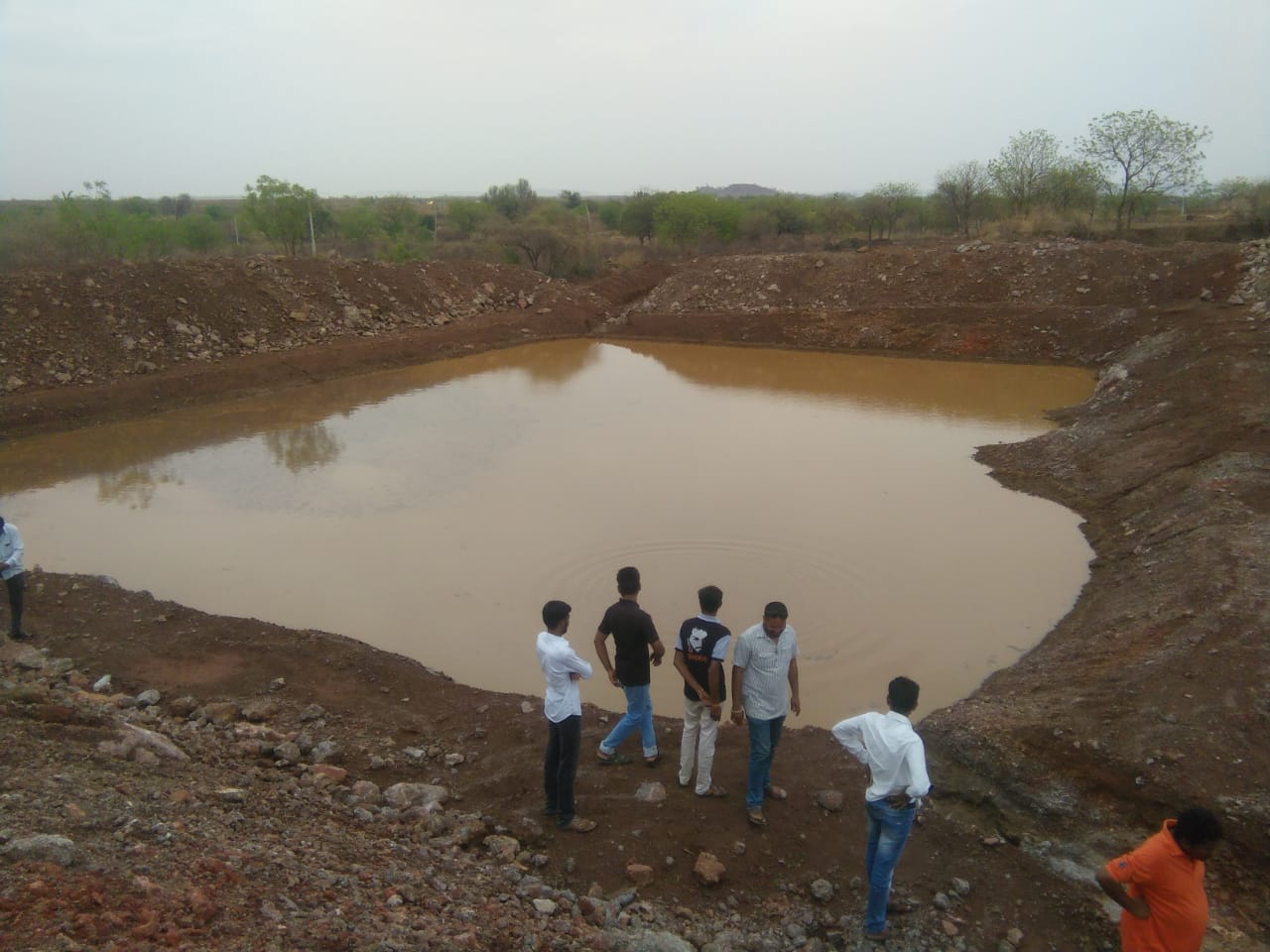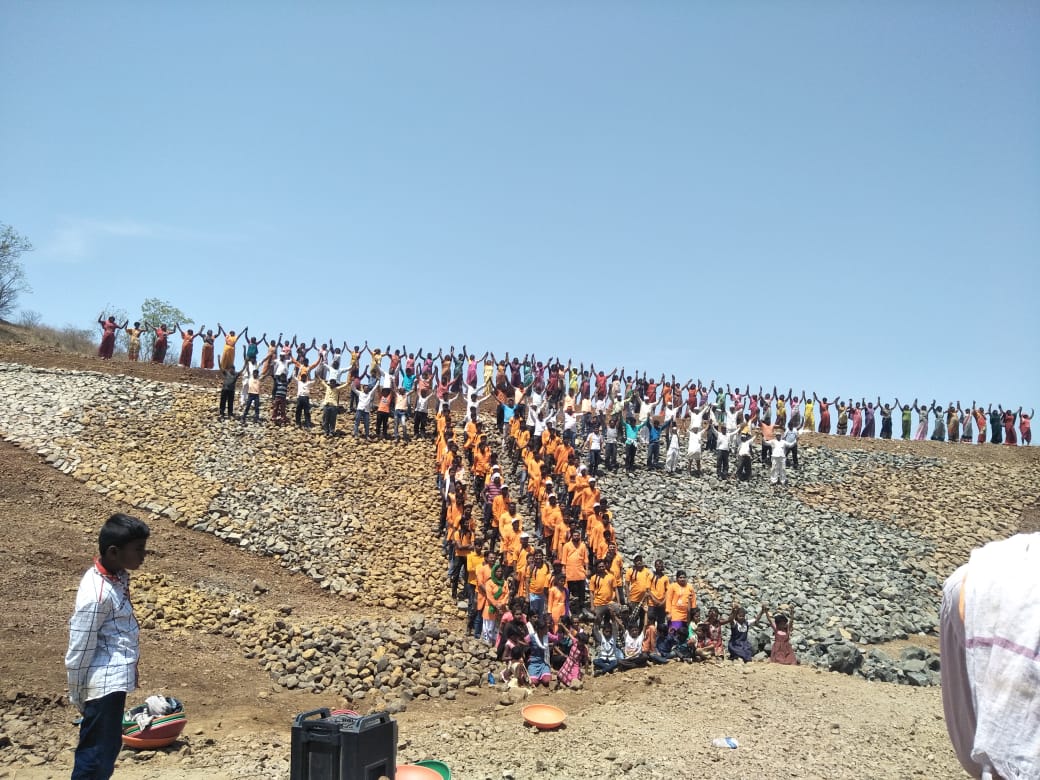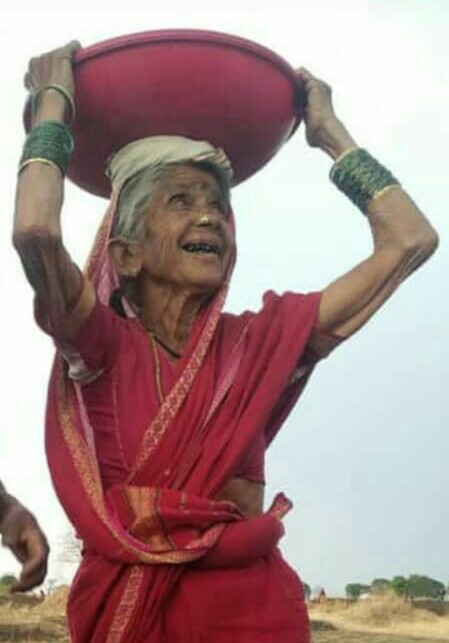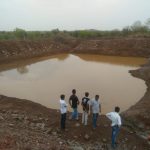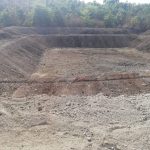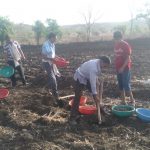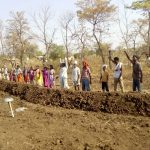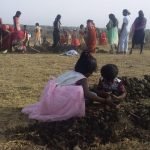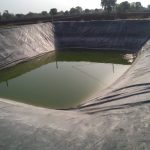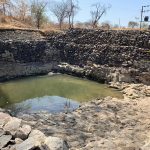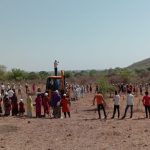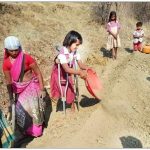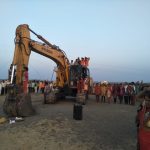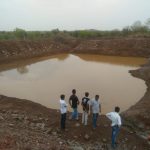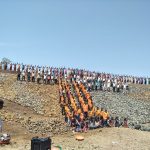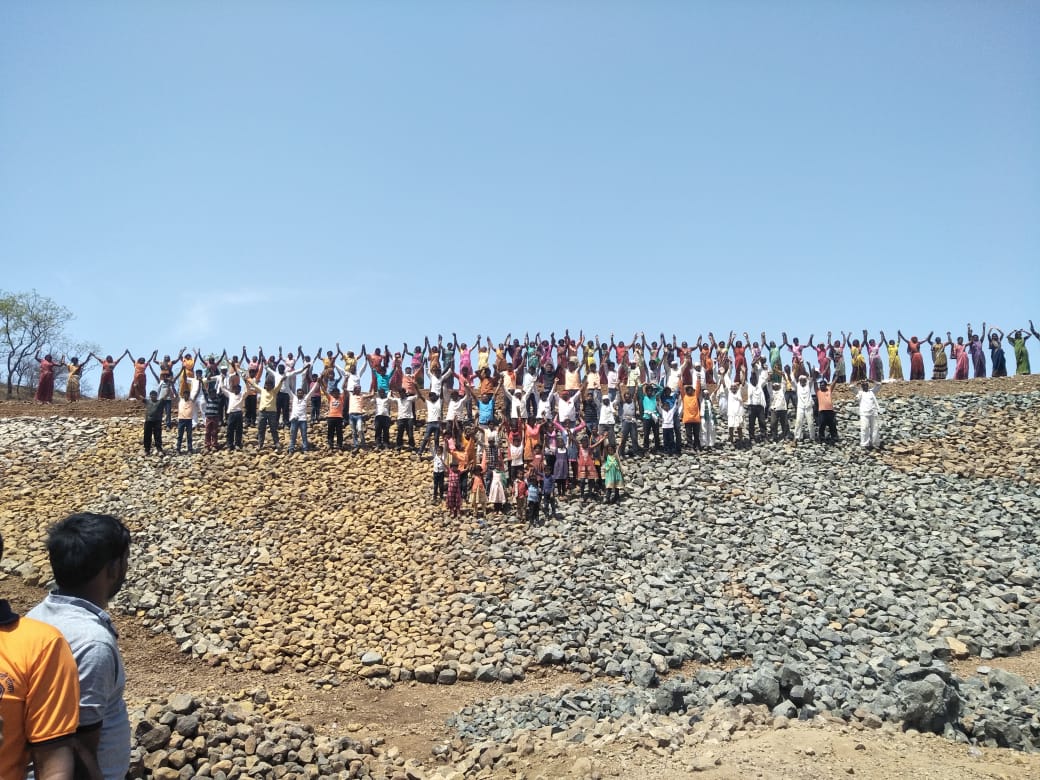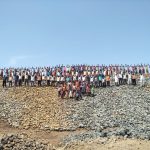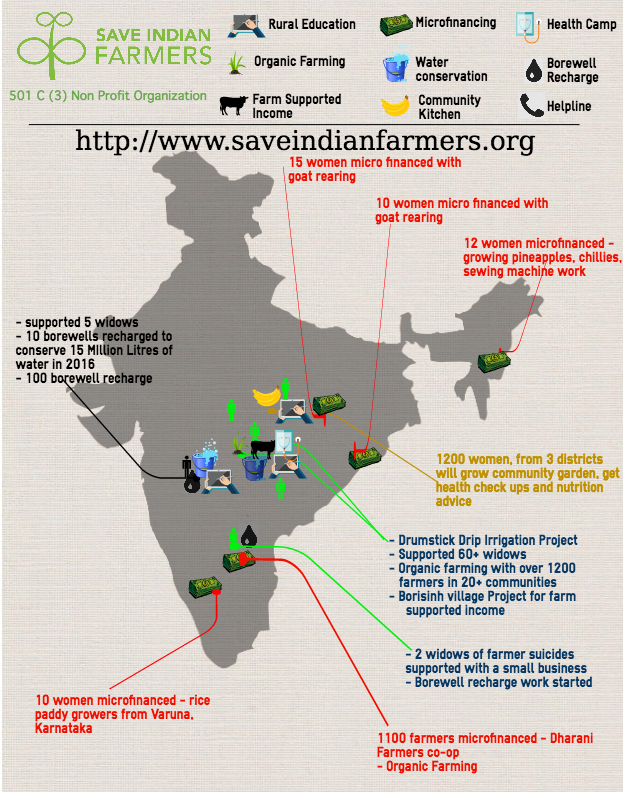Introduction
Drought is a dominant concern in the Marathwada region of Maharashtra, one which is becoming exponentially complicated by the passing summer. During our study, we realized that financial support alone to the villages fighting water crisis is not sufficient to attain a sustainable drought-free future. From the inferences drawn from the study the actions that need to be taken can be classified broadly in the following categories:
- Training, awareness and involvement
- Active involvement of the villagers in understanding and solving the problem
- Educating villagers of watershed management options & remedies and conservation science for rain water
- Educating the villagers on proper utilization of conserved water, and applying better water usage techniques in farming
- Planning, analyzing and checking
- Analyzing and planning the location of the watershed for maximum water storage and utilization
- Planning the utilization of funds for watershed management project
- Considering soil retention and carbon content in the soil along with water conservation initiatives
- Implement
- Creating a sustainable source of drinking and irrigation water
We decided to support villages from Ambejogai, Kej, Dharur, Parali and Kalamb talukas of Beed and Usmanabad district that met the following criteria:
- Villages that would take the initiative to solve the problem of water by their own collective efforts, with support from organizations like Jnana Prabodhini , Paani Foundation and Save Indian Farmers
- The villagers who would collectively contribute money and labor
- Villages that pledged to forget their differences and work as a group
- Villages that agreed to deploy and utilize the machinery supplied for the work in optimal ways and then carry out the work scientifically
The work was carried out in three stages:
- Spreading awareness and educating the villagers about watershed management and water conservation
- Machine excavation work
- Status update and impact analysis of completed work
Jal Rath – awareness and water literacy campaign
JalRath or the water chariot campaign supported by Save Indian Farmers was carried out in approximately 30 villages of Ambejogai, Kej, Dharur, Parali and Kalamb Talukas from Beed and Usmanabad Districts. Village assemblies and meetings were conducted to educate villagers about watershed and water conservation methods through presentations and by sharing success stories of neighboring villages.
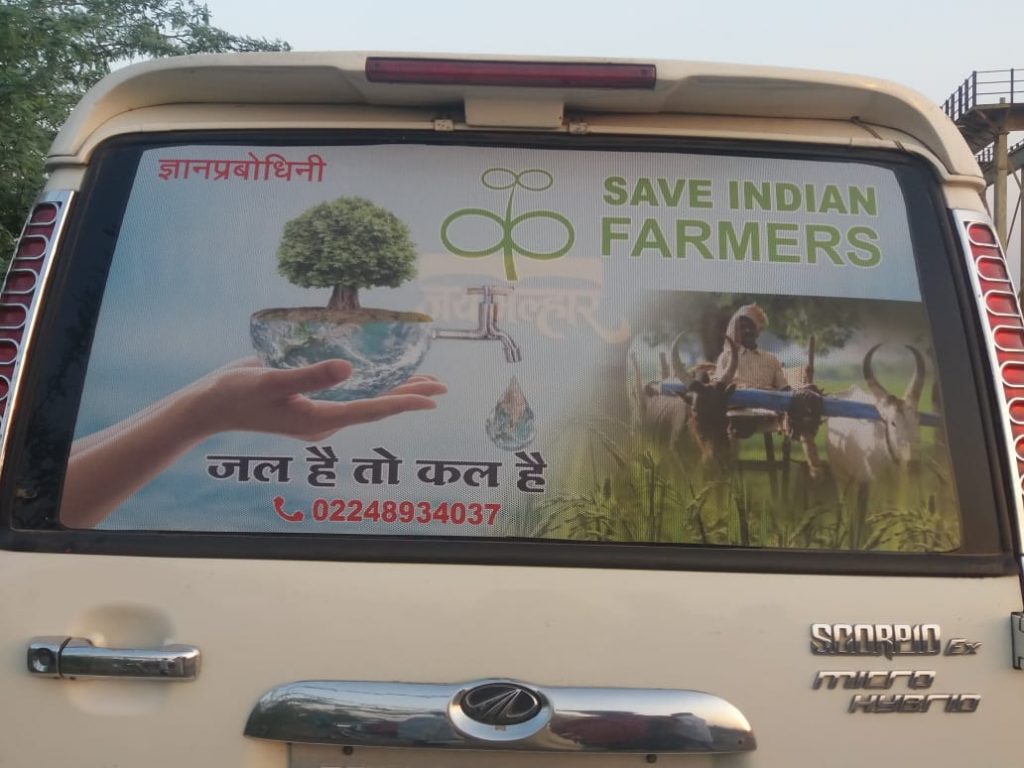
A total of 152 meetings and 42 assemblies were conducted. A positive outlook was created in the villagers’ mind and as a result of that, many villages participated in the water-cup competition. Villagers conducted fund raising drives and raised whatever amount that they could through individual contributions. Rallies were conducted to encourage villagers to participate. Funds raised locally were used for paying rent and diesel for machines that were to be used for excavation. A thorough inspection was carried out to finalize locations for the watershed development. Some villages were shortlisted where SIF and Jnana Prabodhini volunteers monitored the work and eventually decided to fund the machine rentals.
The identified villages were:
| Sr. No. | Village | Taluka | District | No. of families | Population | Landmass (Acres) | |
| 1 | Ujani | Ambejogai | Beed | 639 | 3171 | 1585 | |
| 2 | Kumbephal | Ambejogai | Beed | 652 | 2946 | 1005 | |
| 3 | Hathola | Ambejogai | Beed | 458 | 2286 | 993 | |
| 4 | Pimplegaon Dola | Kalamb | Usmanabad | 321 | 1568 | 711 | |
| 5 | Dipdegaon | Kej | Beed | 204 | 1015 | 591 | |
| 6 | Bawachi | Kej | Beed | 117 | 552 | 475 | |
| 7 | Aasola | Dharur | Beed | 517 | 2399 | 925 | |
| 8 | JayBhayewadi | Dharur | Beed | 55 | 213 | 262 | |
| 9 | Nimla | Dharur | Beed | 129 | 598 | 269 | |
| 10 | Vharkatwadi | Dharur | Beed | 147 | 684 | 431 | |
| 11 | Shinganwadi | Dharur | Beed | 183 | 857 | 520 | |
| 12 | Anandgaon | Kej | Beed | 418 | 2022 | 1228 |
Work completed
1. Plan and implementation
After careful analysis of the regional topography and determining the site of the watershed detailed plans for the following activities were drawn.
- Depth treatment of the river deposition
- Base for a dam
- Water absorbent deep Closed Contour Trench (CCT)
- Reservoir for the village as well as the grassland and fields
To implement the plans drawn two to three villagers from each village were trained by Jnana Prabodhini volunteers after which the volunteers each were assigned a project. Jnana Prabodhini entered into a contract with the digger and backhoe machinery dealers and negotiated a uniform rental rate.
Save Indian Farmers through Jnana Prabodhini bore the rent of either 100 hours of excavators or 250 hours of backhoe machines per village, while the villagers through individual contributions bore the cost of fuel to run the machines.
Excavation activities were planned in the first week of April and it was determined at the time that backhoes could be expected to dig 35 to 40m3 while the diggers could be expected to excavate 60 to 70m3. Villagers pledged to provide manual labor and started raising funds. Thorough schedules were drawn for the excavation to be done by the machines across more than 25 villages. Jnana Prabodhini and the village leaders monitored the work, making sure no quality was compromised, and finally measured the potential impact of the work.
Additionally, Jnana Prabodhini through support from Save Indian Farmers provided funding for fuel to Nimla and Shinganwadi villages.
2. Overview of completed work
| Village | Type of work |
| Ujani | Fields, grasslands reservoirs, water absorbing grooves |
| Kumbephal | Water absorbing grooves |
| Hatola | Water absorbing grooves and village reservoir |
| Pimpalgaon Dola | Water absorbing grooves both deep and at ground level, village reservoir |
| Dipewadgaon | Dredging the river |
| Bawachi | Dredging the river and construction of village reservoir |
| Aasola | Dredging the river |
| JayBhaye wadi | Deep but level absorption grooves |
| Nimla | Construction of dam closure and soil dam |
| Vharkatwadi | Soil dam, deep but level absorption grooves |
| Shinganwadi | Construction of dam |
| Anandgaon | Water absorbing grooves, village reservoir |
3. Work completed in Vidharbha
The summary of the work completed in Vidharbha in three villages of Yavatmal district is shown in the table below:
Village: Chondhni (Kelapur Taluka) Amount Received: ₹50,000
| Completed Work | No. of Participants |
| Stone bund Width: 0.75 meter Length: 150 meter | Men:46 Women: 51 |
| Desilting and deepening of a canal Volume of solid removed: 4408m3 Volume of soil removed using excavator: 49,218m3 Total work completed: 53,626m3 | Men: 46 Women: 51 |
Village: Zadgaon (Ralegoan Taluka) Amount Received: ₹75,000
| Completed Work | No. of Participants |
| C.C.T. 9902m3 Graded contour: 4780m3 Total work completed: 4888.01m3 | Men: 46 Women: 51 |
| Compartment bending: 21,469m3 Farm pond: 2814m3 Total work completed: 24,283.22m3 | Using excavator |
Village: Ganeshpur (Davar Taluka) Amount Received: ₹50,000
| Completed Work | No. of Participants |
| Compartment bending: 500m3 Graded contour bending: 2200m3 Total work completed: 2700m3 | Men: 46 Women: 51 |
| Deep C.C.T work: 500m3 Canal dredging: 5000m3 Forest pond: 8000m3 Farm pond: 6000m3 Total work done: 24,500m3 | Using excavator |
Success of ‘Water Cup 2019’ competition
Sixteen villages from three districts, supported by SIF won a total of ₹13.2 Million as reward money from the ‘Satyamev Jayate Water Cup’. SIF was and continues to be proud to support Devryachiwadi, a village in Beed district and Beed taluka which secured an award for second runner-up in the competition. Moreover, Devryachiwadi was awarded 1.333 Million Rupees each from Paani Foundation, the patron and sponsor of Satyamev Jayate Water Cup competition and the Maharashtra Chief Minister’s Fund. Please see videos below on the views/feedback from our farmers
The rest of villages supported by SIF which won local awards in the competition and the award money they received are as follows:
| Sr. No. | Village | District | Taluka | Reward from Paani Foundation | Reward from Maharashtra Chief Minister’s Fund |
| 1 | Bhatshirpura | Osmanabad | Kalamb | ₹ 1,000,000 | ₹ 600,000 |
| 2 | Satefal | Osmanabad | Kalamb | – | ₹ 600,000 |
| 3 | Arbuzwadi | Parbhani | Gangkhed | ₹ 1,000,000 | – |
| 4 | Girawali | Beed | Ambajogai | ₹ 1,000,000 | – |
| 5 | Dhanora | Beed | Ambajogai | – | ₹ 400,000 |
| 6 | Saratewadi | Beed | Ashti | ₹ 1,000,000 | – |
| 7 | Pangulgavan | Beed | Ashti | – | ₹ 600,000 |
| 8 | Sheribudrauk | Beed | Ashti | – | ₹ 400,000 |
| 9 | Pathra | Beed | Kej | – | ₹ 600,000 |
| 10 | Awasgaon | Beed | Kej | – | ₹ 400,000 |
| 11 | Mothewadi | Beed | Dharur | ₹ 1,000,000 | – |
| 12 | Morephali | Beed | Dharur | – | ₹ 600,000 |
| 13 | Sonimoh | Beed | Dharur | – | ₹ 400,000 |
| 14 | Sarfarazpur | Beed | Parli | ₹ 1,000,000 | – |
| 15 | Gopalpur | Beed | Parli | – | ₹ 600,000 |
| 16 | Mandavakhel | Beed | Beed | ₹ 1,000,000 | – |
| 17 | Gundedwadi | Beed | Beed | – | ₹ 600,000 |
| 18 | Pofali | Buldhana | Motala | ₹ 1,000,000 | – |
Acknowledgements
We are grateful to our donors, sponsors, volunteers and implementation partners and most of all, the villagers who helped themselves in the journey towards becoming drought free!
About the writers
Special thanks to Mr. Prasad Chikshe and Mr. Vijay Kadre for helping us compile this report. Many thanks to Rekha Musale(editing), Yashwantrao Yadav(field reporting), Manisha Badge(translations) and Kalyan Inamdar(editing).

